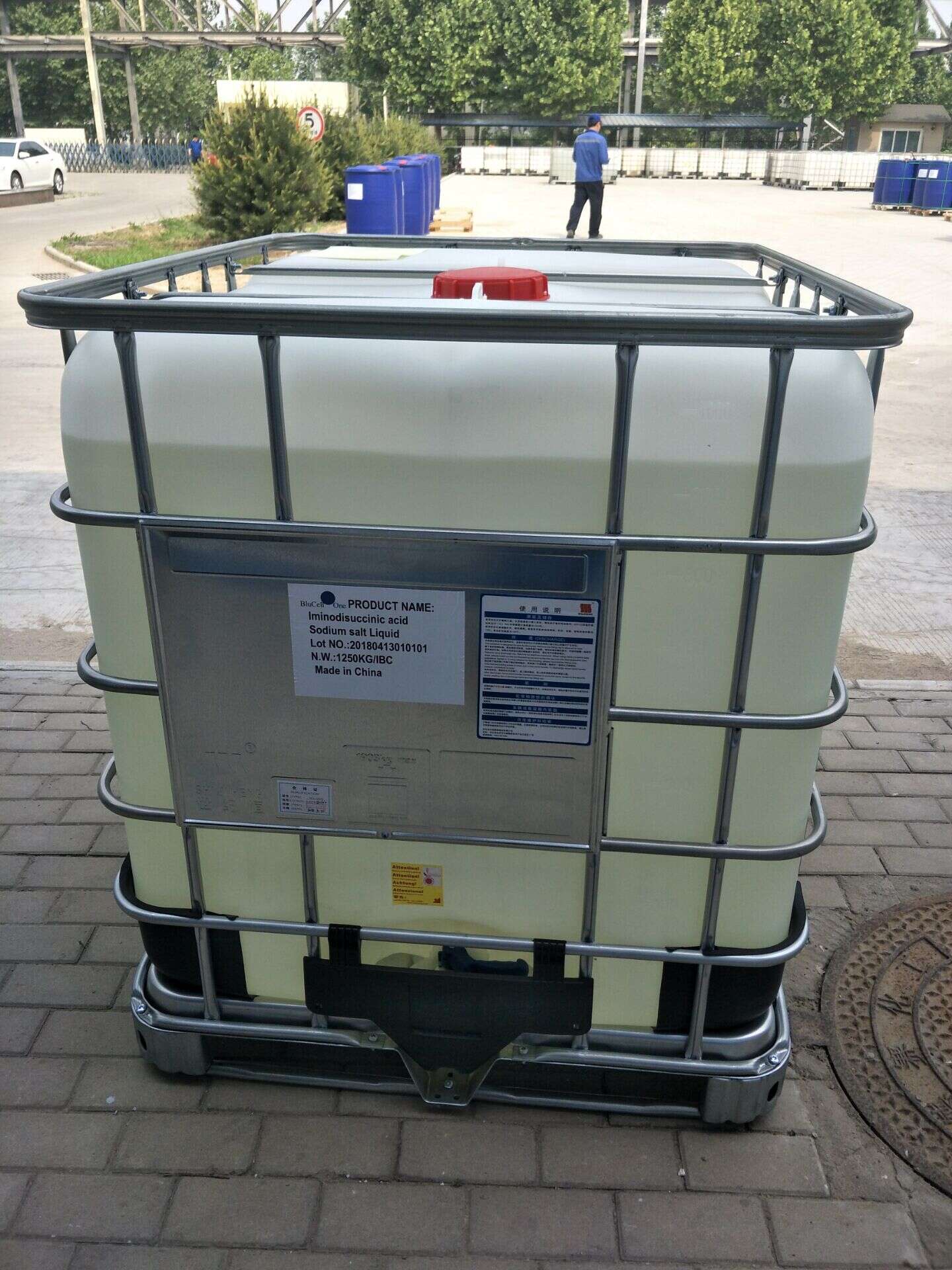-
Categories
-
Pharmaceutical Intermediates
-
Active Pharmaceutical Ingredients
-
Food Additives
- Industrial Coatings
- Agrochemicals
- Dyes and Pigments
- Surfactant
- Flavors and Fragrances
- Chemical Reagents
- Catalyst and Auxiliary
- Natural Products
- Inorganic Chemistry
-
Organic Chemistry
-
Biochemical Engineering
- Analytical Chemistry
-
Cosmetic Ingredient
- Water Treatment Chemical
-
Pharmaceutical Intermediates
Promotion
ECHEMI Mall
Wholesale
Weekly Price
Exhibition
News
-
Trade Service
Recently, Dow Chemical CEO Jim Fitling said that hydrogen and carbon capture and storage (CCS) are critical
to the full decarbonization of North America's chemical industry and other energy-intensive industries.
The company has deployed a zero-carbon cracker in Canada that uses hydrogen and CCS technology, and the U.
S.
Inflation Reduction Act will also help decarbonize
the industry.
Fitring believes that the current priority is to provide a public opinion base
for the promotion of CCS technology.
The zero carbon cracking plant in Canada is progressing smoothly
According to Fitling, Dow Chemical's zero-carbon cracker project in Fort Saskatchewan, Canada, will use hydrogen and CCS technologies
.
The project, announced in October 2021, has 1.
65 million mt/year of downstream polyethylene capacity and has already begun preliminary preparations
.
In the first phase of the project, Dow Chemical will build a new 1.
8 million mt/year zero-carbon cracker at its Fort Saskatchewan plant in Canada, which is scheduled to be completed and put into operation in 2027, Fitling said.
The second phase will retrofit the existing 1.
5 million mt/year cracker at the plant to achieve net-zero carbon emissions
across the plant by 2030.
Currently, the project is progressing well
.
Fitring pointed out that Canada was chosen for several reasons: first, the supply of ethane raw materials in Canada is abundant and cheap; The second is the improvement of CCS infrastructure in Canada; The third is policy support, Canada's carbon market is relatively mature, Dow Chemical can get a return
from reducing carbon emissions.
As for the choice of hydrogen and CCS as a key decision to decarbonize the company, Fitlin said Dow Chemical believes that without hydrogen and CCS, North American energy-intensive industries cannot achieve any net-zero carbon targets
.
Because more energy-intensive materials
are needed in the transition to net-zero carbon emissions.
The U.
S.
Inflation Reduction Act helps decarbonize
The U.
S.
Inflation Reduction Act, signed into law in August 2022, will further promote the development and promotion of carbon capture infrastructure, paving the way
for the decarbonization of the chemical and other industrial sectors, Fitlin said.
The U.
S.
Inflation Reduction Act provides an important update
to the 45Q tax credit.
Fitlin believes the tax policy will spur the adoption of
CCS.
According to the US law firm Gibson
According to Dunn, the Inflation Reduction Act increases the 45Q tax credit for CCS for industrial use from $35 to $60 per ton and the tax credit for CCS for geological storage from $50 to $
85 per tonne.
"This is a big incentive for the CCS industry
," Fitlin said.
The company will build a CCS hub and hydrogen infrastructure to achieve its goals
.
”
As a major user of hydrogen, Dow will build hydrogen production units at its manufacturing sites, but smaller chemical producers and producers in other industries may need to take advantage of public hydrogen production and CCS centers
, Fitlin noted.
Houston, Texas, is striving to become a regional hydrogen production hub
in the United States.
Fitlin noted that North American oil and gas producers are preparing to establish these public hydrogen and CCS centers
.
ExxonMobil announced in March plans to build a hydrogen plant and CCS project at its Bay City, Texas manufacturing site, and support the Houston CCS Center
across industries.
The center can capture and store 50 million tonnes/year of CO2 by 2030 and 100 million tonnes/year by 2040
.
Fitlin said Dow has also done a lot of work with the American Chemistry Council to study
the entire U.
S.
chemical industry.
The company estimates that if 6~8 hydrogen/CCS centers are built, the U.
S.
chemical industry can reduce carbon emissions
by 85%.
The funds and tax credits provided by the Inflation Reduction Act will help achieve
this goal.
CCS is safe and reliable
Many North American environmental groups have expressed skepticism about the usefulness and sustainability of CCS, and the main criticism from environmental groups is that CCS is an unproven technology that will only expand the production and use of fossil fuels and divert government funding
for renewable energy.
In this regard, Dow Chemical insists that CCS is safe and reliable
.
Dow Chemical believes that hydrogen and CCS technologies are relatively mature, especially nuclear power cracking may take a decade or more to have an impact, unable to meet public demand
.
More policies are needed to support hydrogen and CCS
at this stage.
Fitling said Dow will replicate Canada's zero-carbon cracker in the U.
S.
and retrofit
existing crackers.
If the technology can be replicated in the U.
S.
Gulf Coast, the U.
S.
chemical industry could soon reach net-zero emissions
by 2050 or sooner.
He introduced that Dow Chemical's latest cracking plant, the Texas-9 cracker in Freeport, Texas, USA, is the project with the lowest carbon emissions on
the US Gulf Coast.
Dow says the plant's carbon emissions are 60 percent
lower than the average emissions from Dow's other crackers, even without the use of hydrogen and CCS.
This data is sufficient to show the public the reliability of CCS technology and dispel the doubts of most of the public
.






